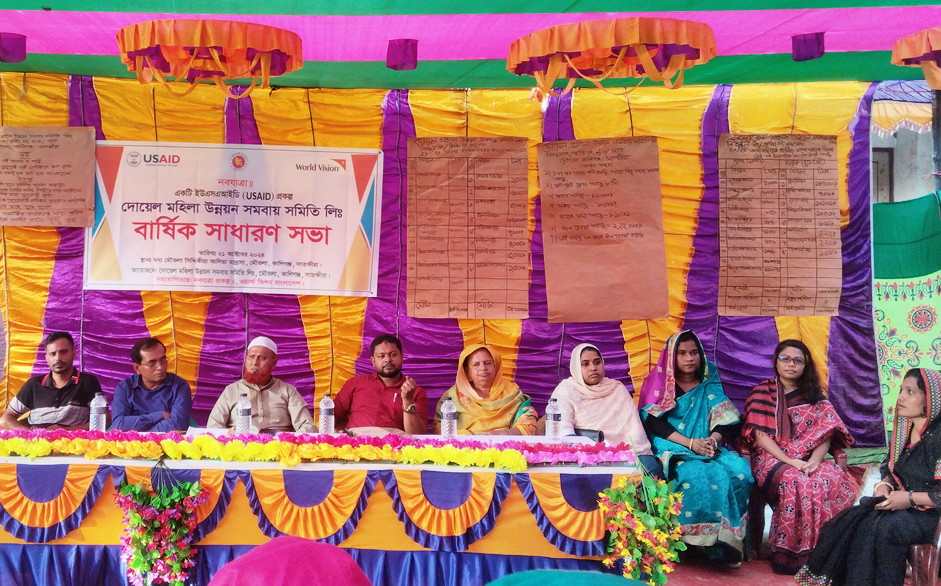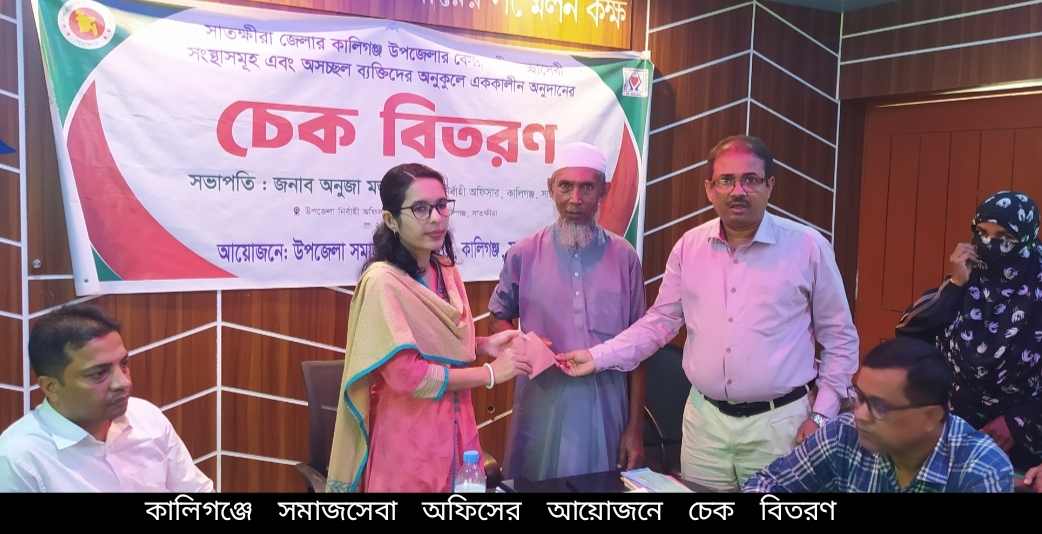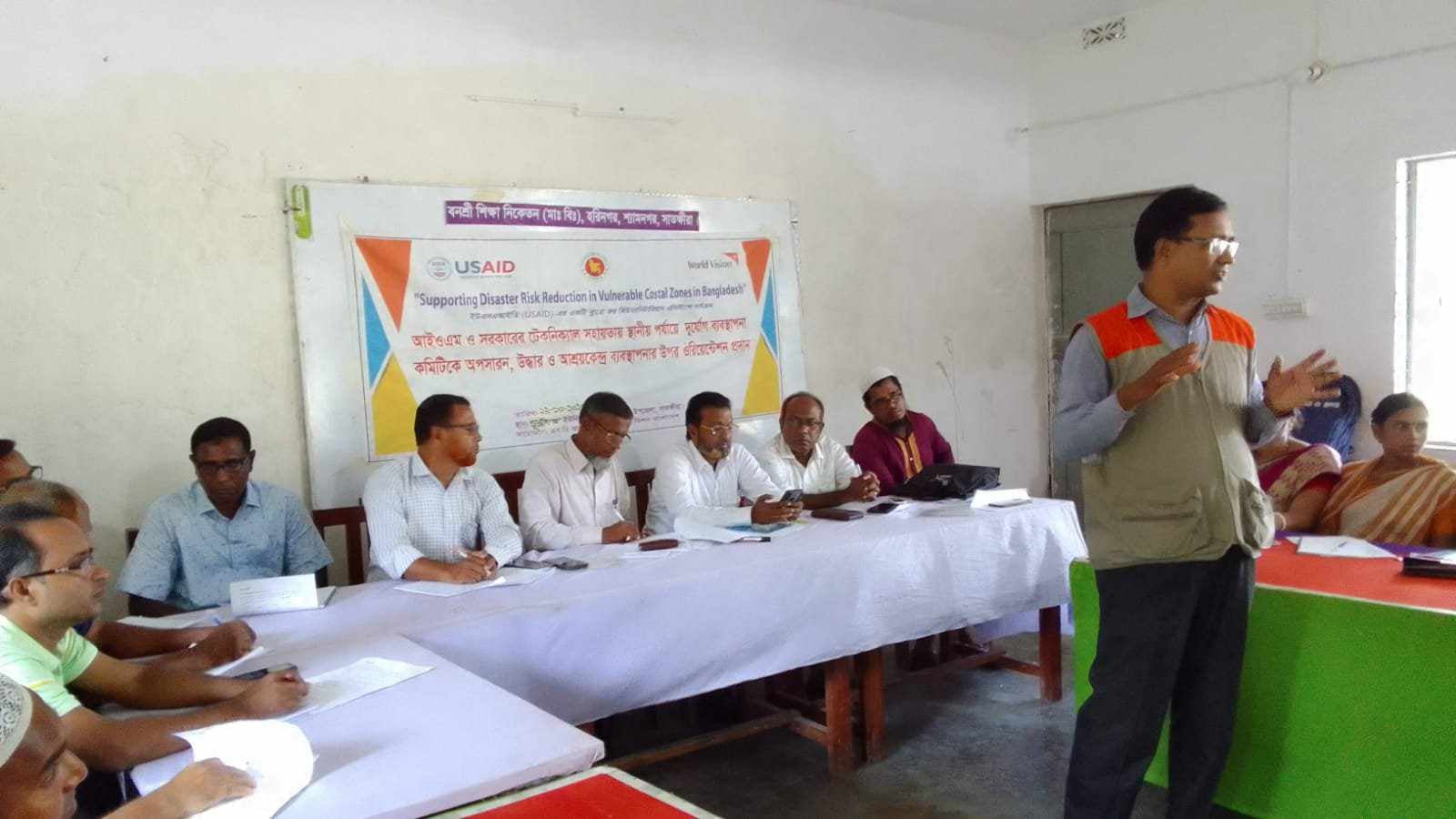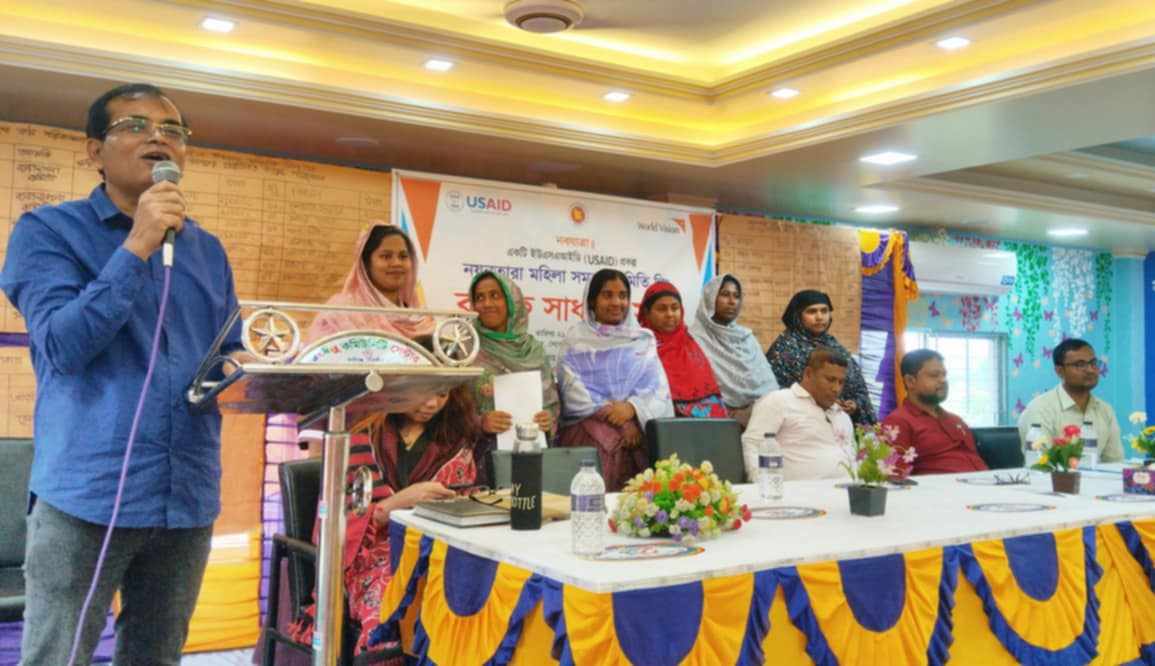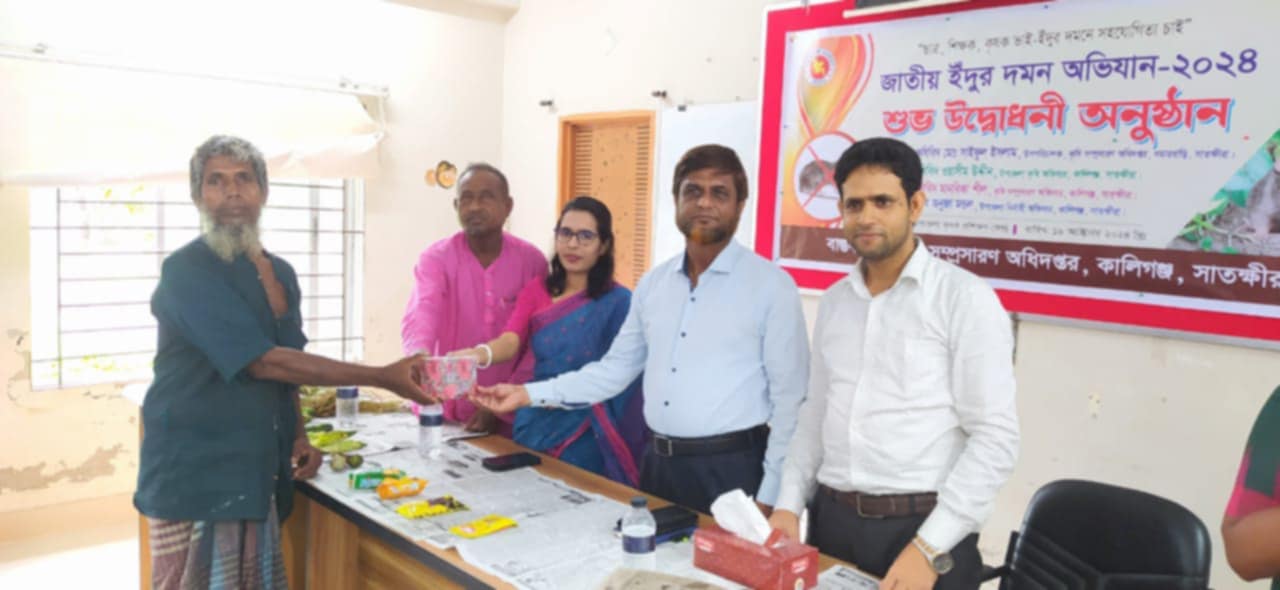Hiren Pandit
Agricultural exports from Bangladesh have almost doubled in just a few years. The businessmen and agricultural economists of this sector are seeing the possibility of it increasing six times in the next two to three years. They say that the point in the way of this great potential is the obstacle of customs. If that is removed, agricultural products can take place after the garment sector which is the top export earner.
Agricultural economists and traders are giving importance to free trade agreements to increase exports to the Association of Southeast Asian Nations, or ASEAN countries besides highlighting some other such problems. People related to the sector say that Bangladeshi agricultural products are being exported to 154 countries including Europe, America and Africa. At one time, exports of products like grocery items and Biscuits were started to satisfy the taste of expatriates for domestic products. Now jam-jelly, sauce, various spices, juices, mustard oil, pickles, fragrant rice and some other products have been added to this list. They are also becoming popular among the people in the countries where they are exported.
The Export Promotion Bureau (EPB) data says that in the 2016-17 financial year, the export of agricultural products from Bangladesh was only 550 million dollars. In the fiscal year 2020-21, the income from the export of agricultural products was 103 million dollars. The growth has been more than 19 per cent. In the first two months of the current financial year (2021-22), July-August, the income from the export of agricultural processed products is about 210 million dollars or 1 thousand 785 million taka. During this time, the growth has been more than 16 per cent. In the same period of the last financial year, the income was 178.2 million dollars.
People related to the sector say that 30 per cent of the various crops produced by farmers are wasted due to improper storage and processing. If it can be processed and sent abroad through specific planning, there will be employment in the country, foreign exchange will come. The country’s economy will advance. There are some obstacles in the export of products with some countries. In this case, if the government and businessmen take joint initiative, the path of export will be wider. Facilitation of shipment of goods at ports, setting up of world-class laboratories in the country and de-escalation of customs barriers in exports should be emphasized. The agro-processed food sector is emerging as the most promising export sector after the ready-made garment industry.
The country’s export of agricultural products has increased slightly, its huge potential is not being utilized due to the shortage of its transport system. As a perishable product, specialized transport system in this sector, phytosanitary (plant health related) certificate, Good Agriculture Practice (GAP) must be made to produce world-class agricultural products. In order to maintain the quality of products, close communication from exporters to farmers should be increased and value addition should be ensured and simplified. Bangladesh Accreditation Board (BAB), the country’s body for international standards, should not be left behind to develop a world-class agricultural products industry in the country.
The export of agricultural products is increasing at a decent rate. To take it further, we have to make free trade agreement (FTA) with the ASEAN countries. There is a big market for food products in the world, which is more than seven trillion dollars. Bangladesh’s share there is only 1 billion dollars. Stating that this market will grow faster in the future, the banking sector should come forward with capital investment. When Bangladesh joins the ranks of developing countries after 2026, there is a possibility of losing duty-free and quota-free benefits. We have to prepare now to deal with this potential crisis.
Bangladesh’s position in potato export to Malaysia is second, the gap with the top country China is 38-40 million dollars, if the share can be increased there, the export target will increase and it is not impossible. It is necessary to determine how to increase the market of countries like Sri Lanka or Singapore. The European market is not like these countries; Because European consumer needs are completely different. Because the quality demand of potato in those countries is not like that of Asian countries. There are different classes of consumers abroad, Asian or South Asian region especially hot and humid regions have different consumer needs and cold countries have different consumer needs. For them, the quality of the potato itself is important.
A negative demand is the presence of L-asparagine, a compound found in potatoes from cold regions, in excess of 750 nanograms per kg of potato. The most important thing is that their awareness is expressed in food choices, followed properly and the state also ensures it. The main consumers of Bangladeshi potatoes are expatriate Bangladeshis and expatriates from countries with similar cultures. This is the big strength and positive aspect to stabilize the demand of Bangladeshi potatoes abroad. At the same time, initiatives can be taken to meet the demand of potatoes in some Latin American countries including Russia. More importantly, potato processing industry such as chips and chanachur should be strengthened. Thailand is earning huge foreign exchange by manufacturing and exporting potato chips. Bangladesh also has that opportunity.
The Ministry of Agriculture has taken various initiatives to increase potato exports. Under this, a roadmap to double the current exports in three years from the Directorate of Agriculture Marketing has also been formulated. Experts say that after meeting the local demand, a significant amount of foreign exchange can be earned by exporting 8-10 lakh tonnes of potatoes from Bangladesh every year. However, it is imperative to identify the main needs of potato exports first. One of the considerations for potato export is its variety and internal characteristics.
Potatoes are fresh and semi-perishable agricultural products, sensitive to temperature during transportation, they survive for a long time at a temperature of 8-12 degrees Celsius, so they can be exported by sea rather than by air cargo. Export success depends on getting the product from the place of production to the destination country at a low cost. There are legal issues that are equally important to consider. It has to be confirmed by cultivation especially following the gap. We also have competing countries in potato exports. These are India, Myanmar, Thailand, China, Pakistan, Cambodia etc. It is important to ensure quality and improved varieties in competition with them.
Some obstacles in potato export from Bangladesh have already been identified. For example, one of the challenges of potato export is the presence of Hollo-heart, a physiological problem of potatoes. A wrong message could be spread, which could have a negative impact on overall potato production. The varieties of potatoes produced in Bangladesh are mainly table potatoes or for cooking. But institutionally, suitable varieties have not been developed to meet the global demand. The deal with Russia is likely. Russia imports a lot of potatoes. If we can export there or meet their needs, the surplus potatoes of Bangladesh will not be wasted. Because a lot of time is wasted due to cold storage. It is necessary to pay attention to these aspects.
To ensure continuous sustainability of exports, an organized supply chain must be created and implemented. The production of the crop must be done through a contract or entrepreneur farmer, otherwise traceability cannot be ensured. There are many exporters who are against contract farming, maybe they have negative experience with it, but there is no alternative to contracting. Moreover, the assurance of good agricultural practices has become essential for export, which also requires contractualization.
To implement this cooperative farming should be introduced and, in that case, we can follow the Japanese or Korean agriculture model in Bangladesh, in that model the contract transaction is done by the bank, and the farmer gets a portion of the product in advance at the time of production at a fixed price, at the end of the season the price of the product goes directly to his bank account goes everyone benefits from it.
The writer is a columnist and researcher. He can be contacted at [email protected]












